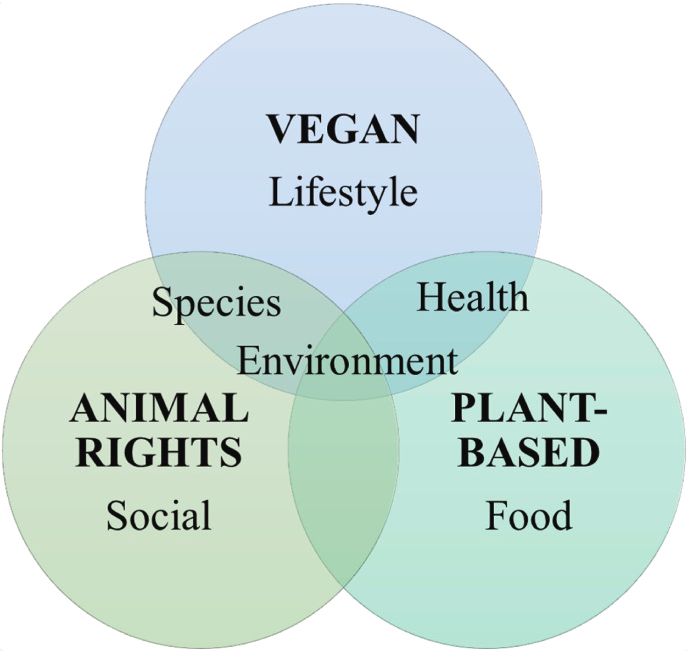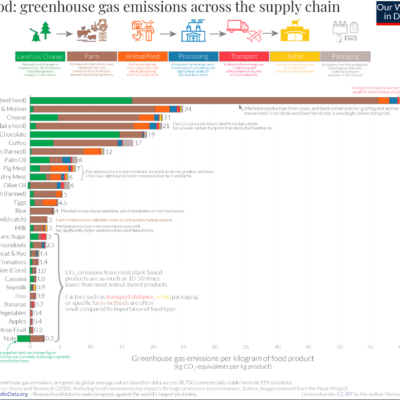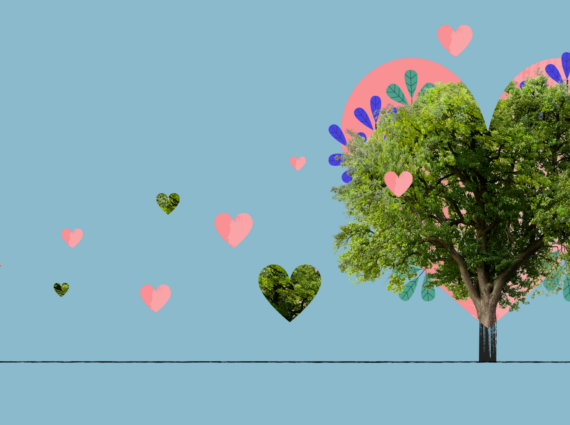During the pandemic, we started cooking at home more and paying closer attention to what ends up in our pots. The result? The Packaged Facts survey indicated that nearly 1/3 of respondents now eat far more fruits and vegetables than before the pandemic.1 This trend continues today, which suggests that we are more aware of how food affects our health. Otherwise, the consumption of pizza or French fries, for example, would undoubtedly have increased.
Against common sense, however, we also consume food that is not necessarily good for us but, for example, our culture promotes it, it looks nice, or others serve it to us (who can say no to grandma’s fried pork chops?), or rather what we can afford and what we feel like eating, even if we know we shouldn’t.
Source: https://www.ncbi.nlm.nih.gov/pmc/articles/PMC9107630/
In an era of growing consumer awareness, the number of aspects we pay attention to when shopping is increasing. You surely remember the fashion trend toward fat-free products, later undermined by a wave of criticism reporting that people usually compensated for the lack of fat with something much less healthy or simply with a worse fat. The same thing happened when people started following a trend of replacing sugar with aspartame. Then came the trends for paleo, keto, anti-inflammatory diets, and, more recently, the planetary diet.
At TerGo, however, we hope that the fashion for the latter will not pass, especially since the planetary diet is multi-surfaced! What should you know about the planetary diet? Let’s discover the most popular myths that it’s time to dispel 😊
THE PLANETARY DIET IS A DIET.
Although we usually refer to it as a diet, a diet is literally “a way of human nutrition based on the principles of dietetics, with the selection of food determined in terms of quality, quantity and variety, adapted to the needs of the body.”1 On the contrary, a planetary diet is primarily about reducing the negative human impact on climate change and the environment and not providing the body with adequate nutrients.
Similarly, vegetarianism or veganism are not diets. They reflect the beliefs of the person choosing to make one or another dietary choice, but at their core, they are not based on the body’s needs.
Technically speaking: the planetary diet is not a diet but an expression of beliefs and concern for the Earth depicted on a plate.
TO SAVE THE PLANET, EACH OF US MUST BECOME VEGAN.
Not necessarily! Imagine a simulation of an ideal world in which everyone completely gives up on animal products starting tomorrow. This one small step would lead us to save as much as 70% of emissions from the human food supply chain by 2050. That’s quite a savings, considering that food contributes ¼ of global greenhouse gas emissions.2
“It’s easy to quit smoking. I’ve done it a thousand times” – this quote by Mark Twain shows that our habits (or rather, in this case, addictions), unfortunately, die hard. Therefore, scientists say taking small steps regularly rather than throwing ourselves at the deep end is better.3 It will benefit the planet more if 80% of us sometimes give up products with a highly negative impact on the climate permanently than if 20% of us quit eating beef altogether.
BUYING LOCAL ALWAYS MEANS MUCH LOWER EMISSIONS.
According to the data, transportation emissions constitute only a small fraction of the total emissions per product. See the chart below to see how much emissions transportation (highlighted in red) produces:
Source: https://ourworldindata.org/food-choice-vs-eating-local
Although beef production is playing havoc with our atmosphere, transportation is not to blame. It is better to buy tomatoes from Spain that grow in greenhouses heated by the sun than Polish tomatoes that grow in domestic greenhouses heated and lit by electricity. The aggregate emissions from transporting Spanish tomatoes will not exceed those from energy consumption for heating and lighting greenhouses in Poland!
Interesting fact: you support trees that absorb and store vast amounts of greenhouse gases by eating nuts. Take a look at the very bottom of the table!
PEOPLE MUST AVOID PLASTIC AT ALL COSTS.
From the CO2e point of view, using plastic is not unequivocally wrong. Take the example of a cucumber, which is often vacuum-wrapped in plastic foil. Does it annoy you as much as it annoys us? Think of it differently. Such a cucumber in foil survives in the store for up to 15 days.
What’s more, it doesn’t get damaged in transit and looks nice, which, for many consumers, is a crucial aspect of their purchasing decisions. Packing cucumbers in foil thus prevents food waste, which, as you know, is a huge worldwide problem. Europe wastes more food than it imports!1 Therefore, it is important to introduce solutions that will help us fight this problem. And perhaps soon, we will be able to replace the foil with better materials, such as the Apeel plastic substitute made from edible mono and di-glycerides.
PRODUCTS THAT ARE GOOD FOR THE PLANET ARE MORE EXPENSIVE.
Do you remember when soy milk began to appear on the shelves of large stores in Poland a decade or so ago? Its price was even 4-5 times higher than cow’s milk. The author of this text at that time “milked soybeans” herself and, admittedly, spent a nice couple of hours in the process, yet she managed to get a litre of soy beverage at a price of about a zloty.
Today, you can buy plant milk almost in every store for as little as about 4 zlotys per litre, a price much closer to cow’s milk. This has been influenced by many factors, including, first and foremost, consumer interest, the introduction of mass production of such milk and the associated optimization of production processes. The same is true of meat-like products, which, while gaining in popularity, are decreasing in price. This is thanks to us, dear consumers! By making our purchasing choices, we show which products are growing in popularity and which should be implemented in mass production.
What about legumes? Good old beans, groats, potatoes? Eggs from the countryside? These are all safe products for the planet, and their price is far from high. The planetary diet does not have to be expensive! It can even be a blessing for our wallets.
AS A CONSUMER, I DON’T KNOW WHAT IMPACT MY PURCHASE HAS ON THE PLANET.
Unfortunately, for the most part, this is true – though this situation is changing, thanks in part to TerGo. Carbon labelling, which indicates the amount of greenhouse gas emissions per product, is only a new idea, but the European Union will soon make such labelling mandatory.
What companies communicate their activities towards the planet today? Oatly transparently reports how many emissions a carton of their product emits. Wasa has offset all its emissions and is acting climate neutral. In Poland, for example, carbon footprint labelling is increasingly common at Rossmann. Moreover, many companies have offset their emissions with TerGo, for example, and are acting climate-neutral.
Let’s demand information from manufacturers about their environmental impact. If we have the choice, let’s choose carbon-neutral products. As with soy beverages, our consumer decisions do not go unnoticed – together, we can do more!
- https://www.packagedfacts.com/about/release.asp?id=4748#:~:text=Packaged%20Facts'%20May%202022%20%20National,than%20they%20did%20pre%2Dpandemic.&text=The%20pandemic%20has%20expanded%20interest,%20awareness%20of%20plant%2Dbased%20eating
- https://encyklopedia.pwn.pl/haslo/dieta;3892627.html
- https://www.bbcgoodfood.com/howto/guide/what-would-world-look-if-everyone-went-vegan
- https://www.gsb.stanford.edu/insights/focus-small-steps-first-then-shift-larger-goal
- https://www.ncbi.nlm.nih.gov/pmc/articles/PMC3550898/#:~:text=The%20storage%20life%20of%20shrink,65
- https://eeb.org/eu-wastes-more-food-than-it-imports-says-new-report/







